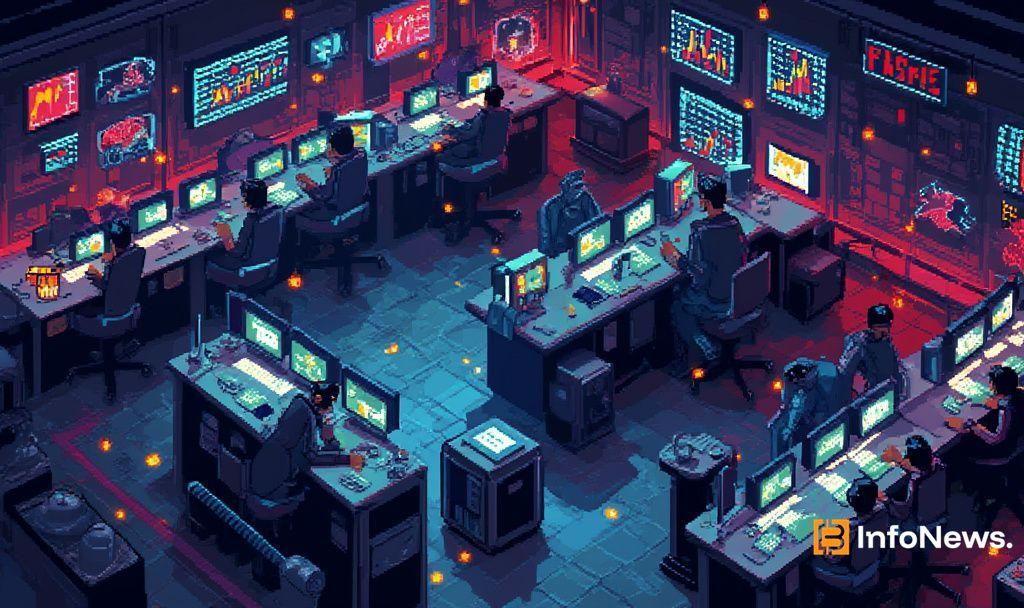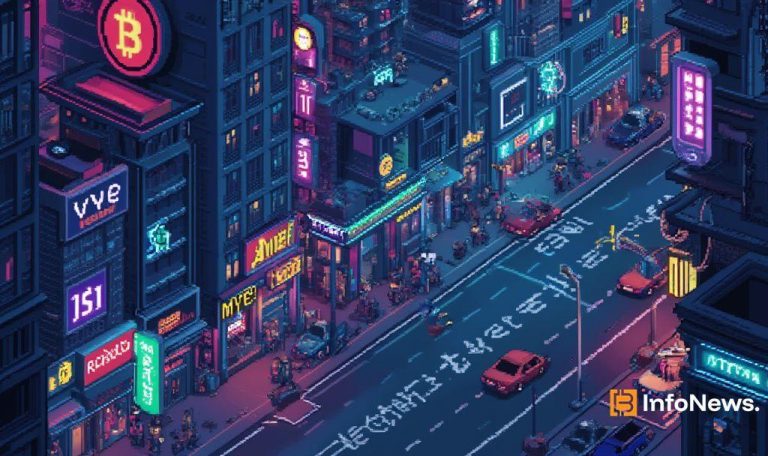SIR.trading Suffers Total TVL Loss in Cyberattack
- SIR.trading hacked, resulting in complete TVL loss.
- Total value locked lost overnight.
- Immediate impact on crypto investor confidence.

SIR.trading experienced a devastating hack on October 20, leading to the total loss of its total value locked (TVL).
The event underscores security vulnerabilities in decentralized finance, sparking market-wide scrutiny and concerns over investors’ funds.
October 20: SIR.trading’s Entire TVL Compromised
SIR.trading experienced a hack resulting in the loss of its entire TVL. October 20 marked the abrupt occurrence, alarming many in the cryptocurrency community over the security of decentralized systems.
Developers and security analysts are investigating the breach to identify the hackers and restore operations. The attack highlights vulnerabilities and poses potential risks for decentralized financial platforms.
Investor Confidence Shaken by Immediate Losses
The hack resulted in immediate financial losses for investors and raised questions about decentralized finance security. The rapid depletion of funds triggered widespread alarm among stakeholders.
Investor confidence in cryptocurrency security has been affected, leading to discussions on safeguarding digital assets. The attack may necessitate a review and enhancement of security protocols.
“So we go the worst news a protocol could received and got hacked for our entire TVL ($355k). I (@Xatarrer) would like to not throw the towel here as I truly believe in SIR. If you also believe in the core protocol and have any idea on how to proceed forward, please DM.” — Xatarrer, Founder, SIR.trading.
Past Breaches Inform Future Security Measures
Similar incidents have occurred, emphasizing the ongoing challenges in ensuring cryptocurrency platform security. Comparisons were made with previous high-profile breaches, highlighting trends.
Potential outcomes include stricter regulations and enhanced cybersecurity measures across the sector. Analysts suggest past trends indicate that enhanced oversight may prevent future crises.





